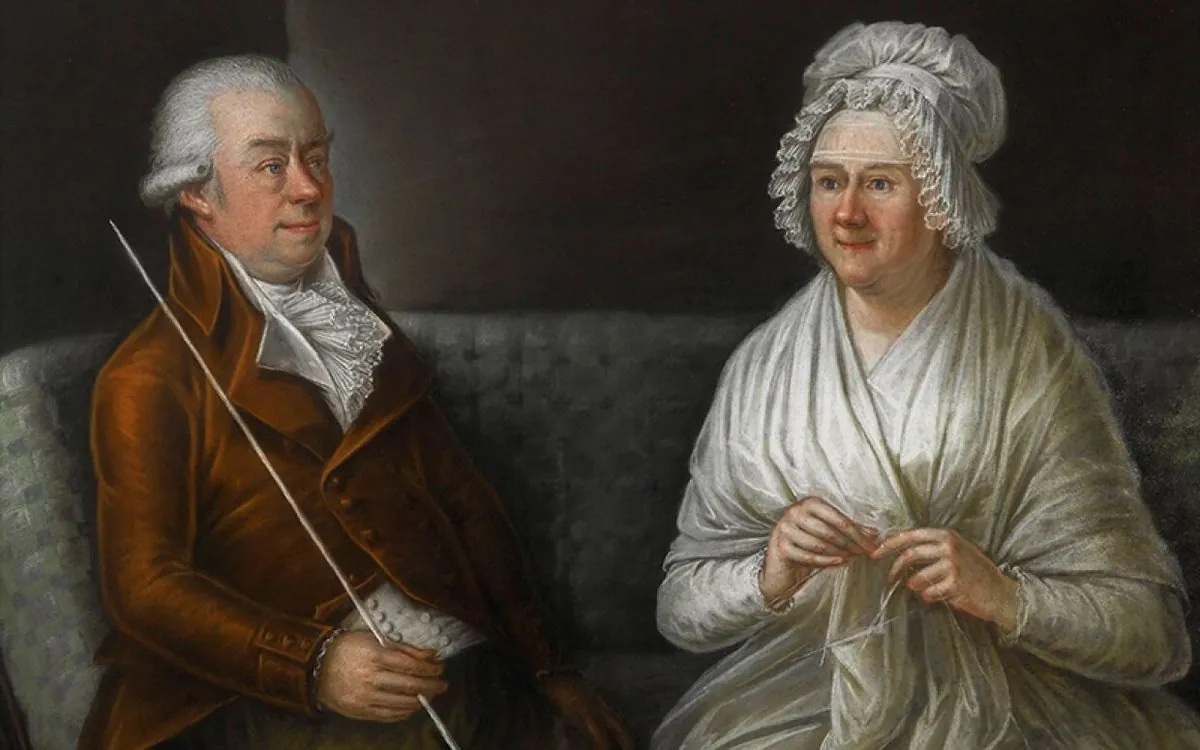American Sexual History: Debunking Myths of a 'Golden Age'
A comprehensive review of American sexual history challenges conservative notions of a moral 'golden age', revealing a complex past of diverse practices and evolving attitudes towards sexuality and gender roles.

The notion of a bygone era of sexual purity in America is a myth, according to Rebecca L. Davis's "Fierce Desires: A New History of Sex and Sexuality in America". This comprehensive study challenges conservative claims about traditional sexual morality, revealing a complex history of diverse practices and evolving attitudes.
Davis divides American sexual history into three periods: 1600-1870, 1840-1938, and 1938-2024. Each era presents a unique landscape of sexual norms and behaviors, often contradicting modern conservative narratives.
In early America, practices like "bundling" - where courting couples spent the night together before marriage - were common. By the 1770s, 30-40% of brides in New Haven were pregnant at their weddings. Contraception and abortion were also widespread, with women using pessaries and herbal remedies to control reproduction.

However, this period was far from idyllic. Marital rape and domestic abuse were rampant and largely unregulated. Sexual abuse was a pervasive aspect of slavery, with racial stereotypes used to justify atrocities against Black individuals.
The second era (1840-1938) saw the rise of figures like Anthony Comstock, who championed the Comstock Act of 1873, banning the distribution of "obscene" materials, including contraceptives. Despite these efforts, birth rates continued to decline, and LGBTQ+ communities flourished in secret societies and urban spaces like Harlem's drag balls.
The modern era (1938-2024) brought significant changes. The Kinsey Reports of 1948 and 1953 revealed widespread premarital sex and same-sex experiences. The rise of feminism and sex education faced strong opposition from conservative groups, who often linked these developments to communism and moral decay.
"Feminism is perhaps the most destructive force in human history."
Davis argues that sexual conservatism has become a unifying force for diverse religious groups in contemporary America, particularly within the MAGA movement. She suggests that repression and bigotry have long been part of American culture, but so has the courage to stand up for individual freedoms and diverse expressions of sexuality.
In conclusion, "Fierce Desires" presents a nuanced view of American sexual history, debunking myths of a moral "golden age" and highlighting the ongoing struggle between conservative ideals and evolving societal norms.


































